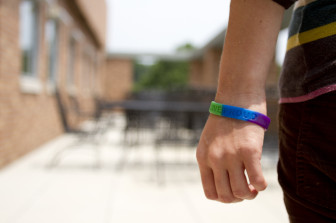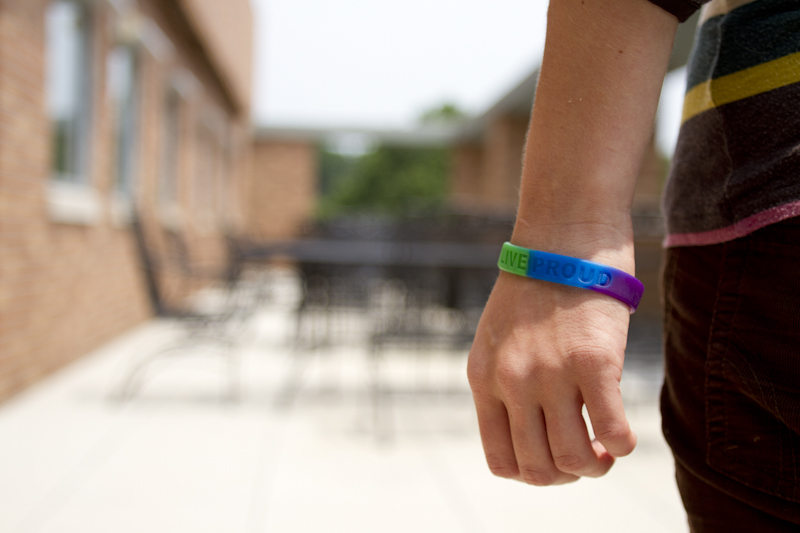
File photo by Clay Duda / JJIE.org
Alyssa Rodriguez, a male-to-female transgender teen, sued New York’s Office of Children and Family Services (OCFS) in 2006 over her treatment while in their custody. She alleges the juvenile detention center staff treated her as a male and withheld her prescribed hormone medication, court documents say. Seven years later, those court files are among the few official public records about gender identity and sexual orientation of young people in state custody, and advocates argue OCFS collects too little information about the sexual orientation and gender identity of the young people in its custody.
By not collecting this data, advocates say, OCFS puts lesbian, gay, bisexual and transgender young people at a disadvantage because the state cannot address issues like the abuse and intimidation LGTBQ and transgender young people may face while in juvenile detention facilities. Government information about the size of the LGBTQ population in detention is instead limited to public testimony and court files, such as those from Rodriguez v. Johnson.
 However, an Office of Children and Family Services spokesperson said the agency doesn’t collect orientation and gender identity data because of confidentiality concerns, and instead relies on disclosure by the young people themselves. But the number of young people who do disclose their orientation is not tracked or shared. Following Rodriguez’s lawsuit, OCFS began offering its staff training on how to treat LGBTQ young people.
However, an Office of Children and Family Services spokesperson said the agency doesn’t collect orientation and gender identity data because of confidentiality concerns, and instead relies on disclosure by the young people themselves. But the number of young people who do disclose their orientation is not tracked or shared. Following Rodriguez’s lawsuit, OCFS began offering its staff training on how to treat LGBTQ young people.
A 2010 survey conducted by Angela Irvine, director of research in Oakland for the National Council on Crime and Delinquency, found LGBT youth make up 15 percent of the juvenile detention population, meaning they are overrepresented at a rate of two to three times their representation in the population generally.
Judy Yu, associate director of LGBTQ issues at The Correctional Association of New York’s Juvenile Justice Project, said gender identity and sexual orientation data should be collected immediately when a young person enters a facility.
“It’s important to know who’s in your care and custody,” she said. “It’s really important to do right way because it’s highly sensitive information.”
OCFS does collect demographic information such as gender, race and age.
